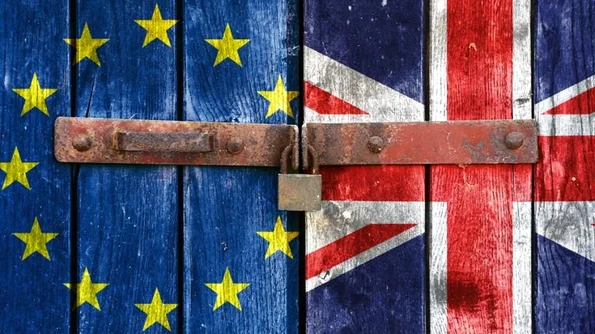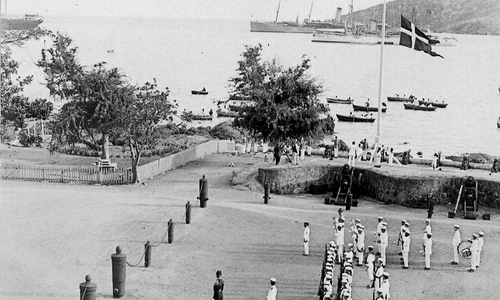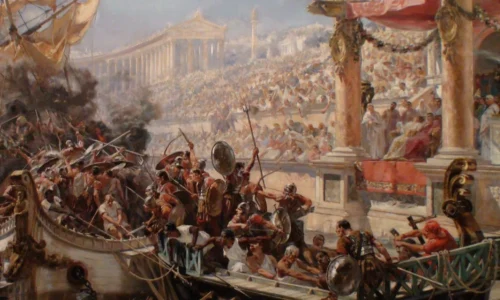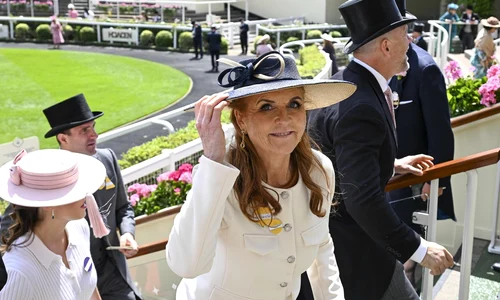
Six Historical Moments of the British Euroskepticism
It is well known that Great Britain had never enjoyed a very close relationship with continental Europe and preferred balancing the “European game” by isolating itself in certain ways. There was also a hint of superiority because of the colonies London had and the status of developed country. Thus, for centuries, the UK settled for a policy of individualism and auto-isolation from the Continent. However, at some point, Britain understood that it had to be more open to the other European states.
1. 1951 :The European Project is foreign to the UK
The first problem with the European construction is the fact that the UK is not one of its inventors. Great Britain was a very important member and even an architect of the UN, IMF and WTO, however, it did not take part in creating the EU. In 1951, the French economist Jean Monnet and French Foreign Minister proposed the project of building the European Coal and Steel Community. Yet, the British were hostile and indifferent to it.
2. General de Gaulle said NO to the UK
When the British finally decided that they should join the European Community, the French President Charlles de Gaulle said NO. For the British Nation, this firm refusal amounted to a lack of respect for the country where de Gaulle took refuge during the WW2. The shock was very powerful, because this was the second time when the UK was denied the entry into the EC (1963) by veto. Thus, Euroskepticism is more firmly rooted than one might think.
3. 1983 :the Labourist Manifesto
UK entered the EC in 1973 when Prime Minister was Edward Heath. During that time, only the leftist Labour Party was against the EC. Their position reached its peak during the 1983 elections when they released the Labour Manifesto or the Campaign Manifesto (a text which each of the English parties is supposed to release before the elections). Their Manifesto was comprised of several requests which asked for relinquishing the membership in the EC.
4. 1992 :The Black or White Wednesday
September 16th, 1992 was the day when the pound sterling was ousted from the European Exchange Rate Mechanism, because the British Government was unable to keep the pound at a high exchange rate. In 1997, the British Treasury estimated the cost of the crisis at around 3, 4 million pounds. The pound lost another 20%, because the billionaire George Soros managed to gain 1 billion dollars in one day just by making bets against the pound. The London Government was paralised and the pound reserves were extremely low. The British expected some kind of aid from Germany, in order to rebuild their lost reserves, but this help never came.
However, the British perception of this moment changed throughout time and for the Euroskeptics, September 16th, 1992 became the “White Wednesday”. In the time after the crisis, the pound regained strength and until 2008, the British economy was growing at a very fast pace. Because of this, the opinion in the UK was that it was beneficial for the English financial market to be outside of the EU. This was confirmed when the Eurozone crisis emerged and London further considered that the British economy was facing backwardness, because of the European construction.
5. David Cameron’s Veto Right
During the summit of the European Council in December 2011, Prime Minister David Cameron vetoed a very important EU Treaty which was supposed to save the Eurozone. It was clear that the decision disturbed the other EU leaders, yet Cameron became even more popular at home and especially amongst the Euroskeptics. In order to satisfy the radical party UKIP, he promised that were the Conservatives to win the Parliamentary elections in 2015, he would renegotiate UK’s treaties with the EU and would organize a referendum concerning the UK’s membership in the EU.
6. UKIP’s Victory
The Euroskeptic party UKIP led by Nigel Farage scored an amazing victory for the first time in the modern History of the UK. The Labour and Conservative Party lost votes to the extreme right party and this was a shock to those used to seeing the traditional parties win. UKIP managed to get a score of 27, 5% which enables it to have more seats that the classic parties. UKIP will enjoy 23 seats which means 14 more than the number they have at the moment. The Labourists and the Conservatives each received 18 seats. UKIP won a score of 16, 5% in the Parliamentary elections and now, it seems like the UKIP doubled its scores. It is interesting to see that, 20 years ago, UKIP only managed to score 1% in the elections for the EP.
While UKIP set up an aggressive electoral campaign insisting on the glitches in the European construction, the Labour Party concentrated on attacks against the Conservative Party and hoped to marginalize it.
Farage declared that “the results confirm that there was an earthquake in English policy, because an extreme right party had never enjoyed such votes in British History.” He also said in a more menacing way that “we’ll see how we can force a political leader to re-evaluate his position towards the today’s political opposition. Thus, David Cameron will be forced to adopt a tougher stance in the face of the new changes.”
Winston Churchill talked about the “European dream” in 1948 and only in 1975, did Margaret Thatcher manage to make the UK enter the “European family”. In 1987, Thatcher signed the Single European Act which effectively created the European market. Even now, some think that the SEA brought about the loss of British sovereignty, since it annulled the existing economic barriers. Now, at the time of the Europarliamentary elections, the British feel more and more alienated from the European ideal and thus, Euroskepticism attracts even more supporters.















